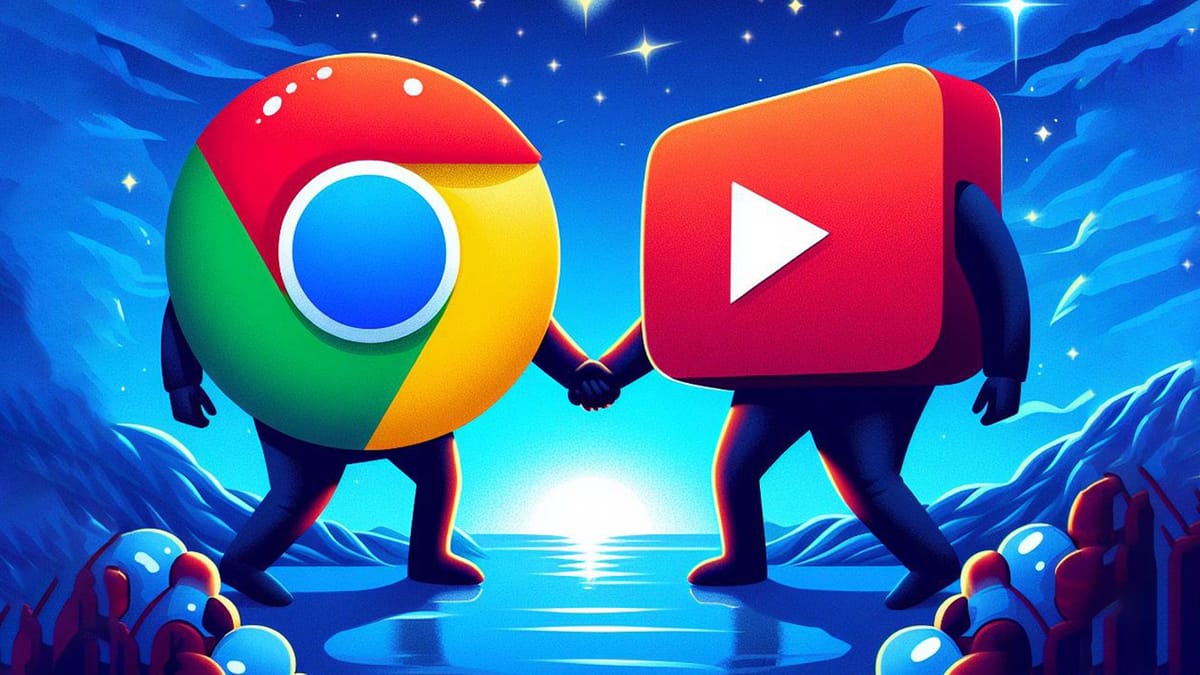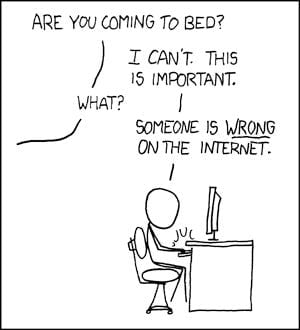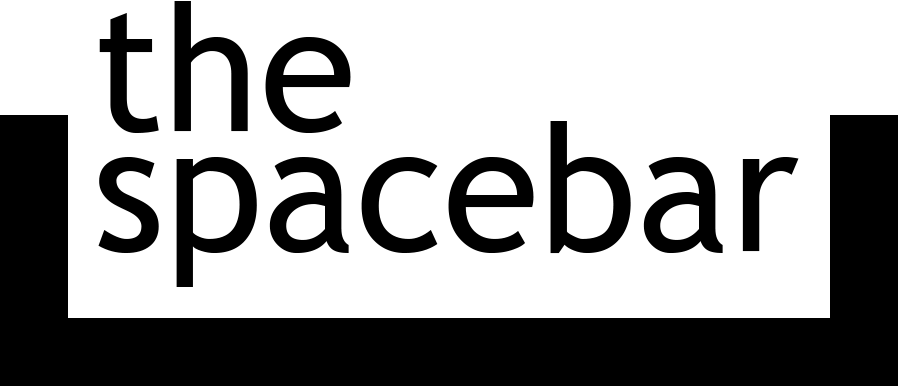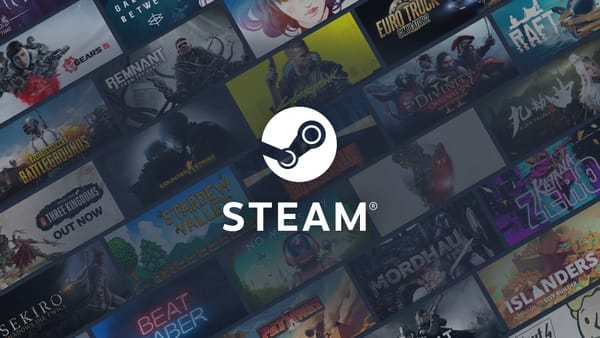Tech media doesn't understand ad blockers or Chrome extensions
There's a lot of reporting about YouTube's war on ad blockers and Google's new Chrome extension limits, and most of it is wrong.

Google’s Manifest V3 migration for Chrome extensions has been controversal, especially with its changes to how content blockers (ad blockers) are allowed to function, and how that might be connected to YouTube’s new blocking mechanism for adblock extensions. Unfortunately, it’s been hard to understand exactly what is going on, because some tech news outlets don’t seem to have a grasp on what’s happening.
You might be tired of hearing about YouTube’s adblock measures and Chrome extensions, because I sure am! I’ve had to mute the words “youtube” and “adblock” on my social feeds and unsubscribe from the tech communities on Lemmy, because it’s all anyone wants to talk about. I also want to be done talking about it, but I made the mistake of reading a few recent articles about the situation. Now, like the person in the classic xkcd comic, I am procrastinating what I need to do today so I can correct other people.

I already explained what is happening with Chrome extensions and YouTube’s war on ad blockers. The article about Chrome extensions was written partially to dispute claims that Google was going to “disable uBlock Origin on Chrome” and “force-block ad blockers” and other things that are not true (but have been repeated endlessly by journalists and tech enthusiasts). However, there is now even more bad reporting about Google’s war on ad blockers.
The start
Engadget published an article on December 1 titled “Inside the 'arms race' between YouTube and ad blockers.” It’s mostly an interview with developers of popular adblock extensions, where they discuss the workarounds they are implementing for YouTube’s new adblock detection. Some of them are now updating their block lists multiple times a day to account for YouTube’s counter measures.
The article includes a quote from the director of product and engineering at Ghostery with some added commentary:
Keeping pace with YouTube will likely become even more challenging next year, when Google’s Chrome browser adopts the Manifest V3 standard, which significantly limits what extensions are allowed to do. Modras said that under Manifest V3, whenever an ad blocker wants to update its blocklist — again, something they may need to do multiple times a day — it will have to release a full update and undergo a review “which can take anywhere between [a] few hours to even a few weeks.”
“Through Manifest V3, Google will close the door for innovation in the ad blocking landscape and introduce another layer of gatekeeping that will slow down how ad blockers can react to new ads and online tracking methods,” he said.
This is (at least partially) not true. The new Manifest V3 standard requires that the Chrome browser handle all content blocking requests, instead of the extension, and the filter list must be provided to the browser by the extension. It’s true that Google wants most of the filter lists in the extension package, which requires submitting a full extension update to the Chrome Web Store. That’s a slower process than the extension just downloading a new text file every day with filter lists, which is how most ad blockers still on Manifest V2 operate.
However, extensions using Manifest V3 can still update some filters the old way, without a full update to the extension and a review process by Google. These are called “dynamic rules,” and starting in Chrome 121 (which arrives in January, several months before Manifest V3 becomes mandatory), up to 30,000 dynamic rules are allowed if they are simple “block,” “allow,” “allowAllRequests,” or “upgradeScheme” rules.
Maybe the filter rules required specifically for YouTube don’t work with those rule formats, I don’t know! If they’re not, then Google still allows an additional 5,000 rules with more broad capabilities. Either way, the statement “whenever an ad blocker wants to update its blocklist […] it will have to release a full update and undergo a review” is not true and can be easily disproven by checking the Chrome developer documentation, Mozilla’s documentation, or a blog post that Google published a month ago.
A game of telephone
A few other tech news outlets covered that interview, singling out the line about updates to filter lists requiring a full extension update. Like a bad game of telephone, the coverage becomes more inaccurate with every step in the process.
Ars Technica published an article on December 1 titled “Chrome’s next weapon in the War on Ad Blockers: Slower extension updates.” Most of the article is accurate, except it’s repeating the part about content blockers having to get approval from Google for all changes, which again is not true:
When Manifest V3 becomes mandatory, those updates that need to arrive "at minimum on a daily basis" will no longer be an option. Limiting remotely hosted code sounds like a totally reasonable limitation until you realize that.
There was also an article from TechSpot titled “Google reveals the next step in its war on ad blockers: slower extension updates.” That article is also wrong, but in a fun new way:
Future extension updates must pass a complete review process before getting approved and sent to users. […] Manifest V3's new review policy means these filters may take much longer to be updated.
There has always been an approval process for Chrome extensions. If you do a single web search for “chrome web store review process,” you will find a developer article from Google about it. The article ends with a recommendation for people to try out Firefox if they want fully functional content blockers, or they can try paying for AdGuard’s premium subscription, which promises to block YouTube ads. You know what else will turn off YouTube ads for a monthly cost? YouTube Premium.
I can go on and on here with other examples, but you get the idea.
The problem
This might come across as me defending Google, but to be clear, I’m not a huge fan of the company. I do think the Chrome browser is a legitimate monopoly over the web as we know it, and there are a few examples of Google using that power in a way that only benefits its own products and services. It’s absolutely a conflict of interest for the same group to own the most popular web browser, sell computers (Chromebooks) that can only use that browser and nothing else, control most online advertising, and run one of the largest video sharing platforms. The relationship between all those parts should be scrutinized, like with the current antitrust case in the US.
I honestly cannot think of another recent situation where so many tech news outlets and enthusiasts are just not checking basic information, which is why I’m still talking about this. Worse, all the bad reporting gets repeated and reposted all over social media, because it reinforces the incredibly popular world view that Google is evil.
I don’t intend for this to be a criticism of specific writers. I’ve been in the tech journalism industry for over seven years, and I’m fully aware that most people in this space are underpaid and overworked. Also, we’re all humans who mess up sometimes, and that’s okay.
The changes to Chrome extensions are pretty technical, most people don’t like online ads, and a lot of tech journalists are not software developers or have the time to check every detail. Those factors, combined with some of the companies behind ad blockers looking for free advertising in news coverage, had turned this entire discourse into a complete mess.




